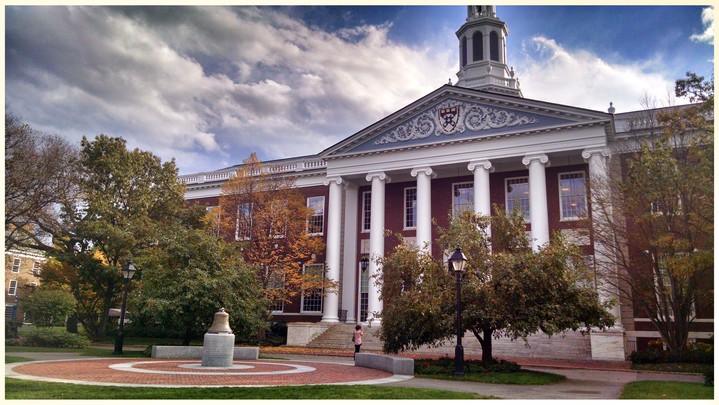Some members of the Black student body at Harvard University, once proud of Claudine Gay’s history-making appointment as the school’s first Black leader, returned to campus this week sorting through the implications her public departure may have on their own futures.
“For her to no longer be there, I’m devastated,” said student, RuQuan Brown on TikTok.
WATCH ANYTIME FOR FREE
>Stream NBC10 Boston news for free, 24/7, wherever you are. |
Days later, the 21-year-old Harvard senior from Washington, D.C., described his reaction to the firestorm surrounding Gay in vivid language.
"Devastated, because I've seen so many Black leaders be publicly humiliated, ostracized and, some would even say, publicly lynched," Brown told NBC10 Boston.
Get updates on what's happening in Boston to your inbox. Sign up for our >News Headlines newsletter.
In the Harvard Crimson, the school’s campus newspaper, senior Kyla Golding wrote a column shortly after news of Gay’s resignation broke. Her voice, as a Black woman, exhibits fresh wounds and Dr. Martin Luther King, Jr. imagery.
“The resignation of Claudine Gay is a heart-wrenching display that at the mountaintop for the Black woman, there is no promised land. No liberation, no forgiveness, no love, no protection,” Golding wrote.
“At the mountaintop, the world robs the Black woman of her breath such that the only option is to let the suffocation kill her or to let it kill her dreams.”
In both Golding’s writings and Brown’s posts, they acknowledge Gay’s missteps – badly articulated testimony to Congress and poorly sourced academic papers. To them, however, the firestorm the former president faced went beyond that, drifting into attacks on Diversity, Equity and Inclusion (DEI) policies and accusations her ascension was based on race, not merit.
Brown says the same kind of vitriol comes his way under his social media posts on the controversy, strangers questioning whether his placement at Harvard was earned or a policy gift because he’s Black.
“This is the life of a Black leader so of course I understand, sympathize and empathize,” Brown said. “Why do I need to respond to someone who's sitting at home on their couch – probably without a degree – making comments about me and where I am? I don't need to prove to anybody anything.”
One of the most vocal campaigners for the removal of Gay as president was Christopher Rufo, a fellow at the Manhattan Institute. His opinion piece in the Wall Street Journal makes clear his view that Gay was not qualified for the job in the first place – holding her up as an example of why DEI policies on college campuses are flawed.
“Ms. Gay was a scholar of not much distinction who climbed the ladder of diversity politics, built a DEI empire as a Harvard dean, and catered to the worst instincts of left-wing ideologues on campus,” he wrote.
“The successful campaign to topple Harvard’s president is about much more than Claudine Gay. It is about the great conflict between truth and ideology, colorblindness and discrimination, good governance and failed leadership," said Rufo.
Incidentally, Kyla Golding’s commentary in the Harvard Crimson and Christopher Rufo’s in the Wall Street Journal were published the same day. Their interpretations of the controversy could not be more different.




